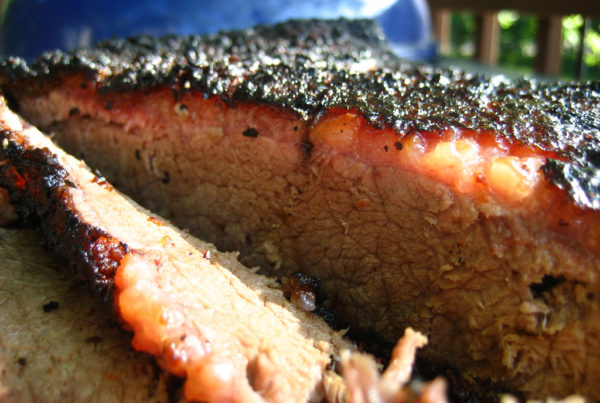For the first time in nearly a decade, a cartel which brought the U.S. to its knees decades ago appears to have cried uncle. It’s a struggle that in many ways has pit the Middle East against Texas – or, from another perspective, vice versa.
When the shale revolution took off in Texas not that long ago, so did fortunes from it. Oil rose to historic highs – well over a hundred dollars a barrel. But all that oil in the market created a glut. Too much supply for the demand – and so began the great downturn.
Since oil prices began tanking in 2014, roughly 100 oil and gas companies have filed for bankruptcy. If prices continue to hover around the $40 a barrel mark, experts say another 100 companies will likely join them.
But yesterday a five percent jump in the price of benchmark West Texas Intermediate crude had some of us asking, Why?
They’d hinted at it before, but for the first time in eight years, the oil cartel known as OPEC would cut production to get supply more in line with demand. Does this promise reprieve for drillers and service companies on the edge? For the texas economy, squeezed by a drop in energy revenue?
Michael Webber, one of the state’s best known experts on energy and deputy director of the Energy Institute at the University of Texas at Austin, says this announcement does mean hope on the horizon.
“Anything that will drive prices higher will make them happier,” he says, “because it means they will control more, produce more and maybe make a higher profit. So that means jobs and revenues for a lot of people.”
What you’ll hear in this segment:
– What the Saudi strategy means related to markets in Texas, Venezuela, Russia and Iran
– How shale surprised people and how their resilience affected the industry
– The effects of the oil glut, from Texas oilfields to the government of Saudi Arabia


















